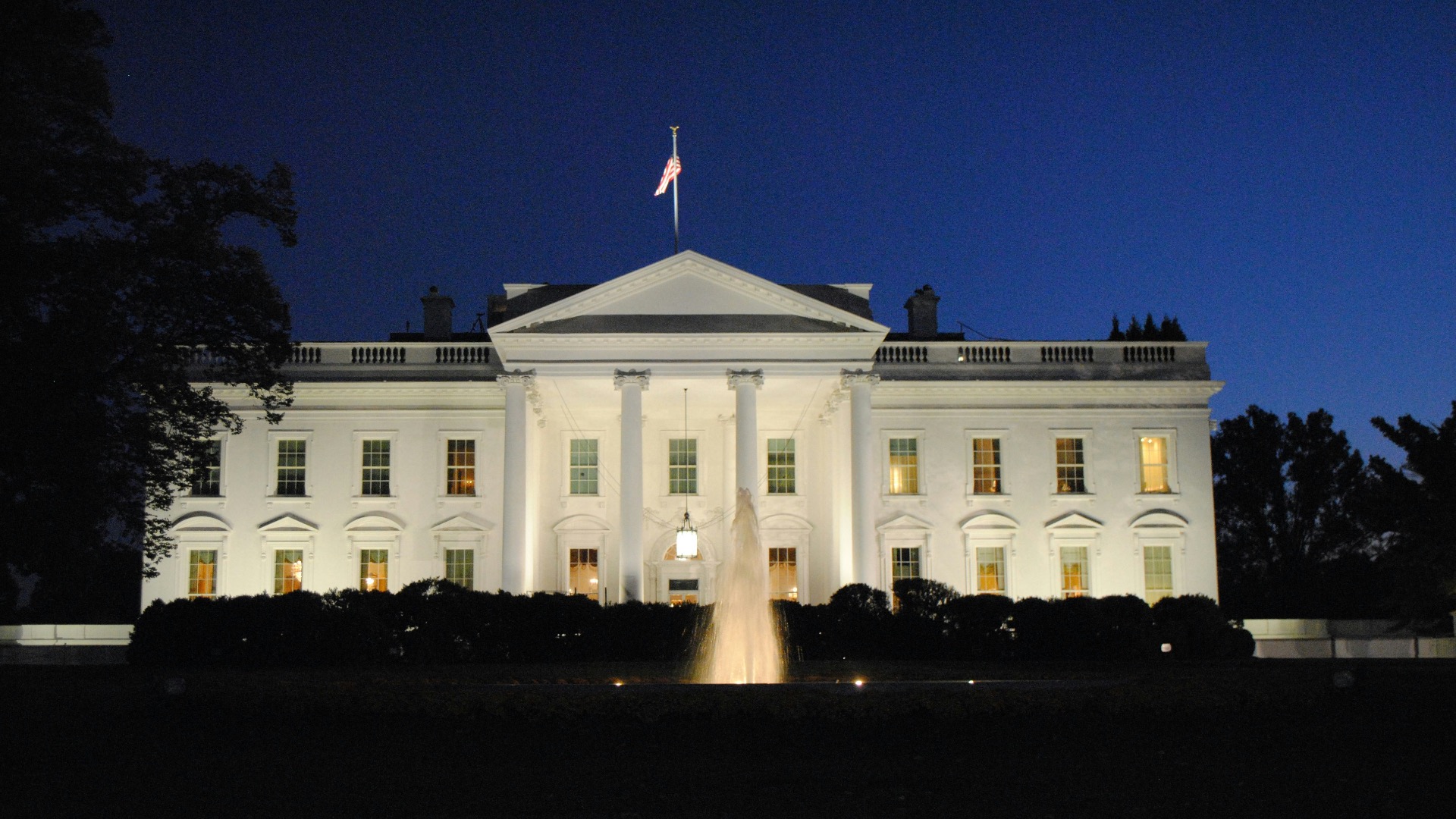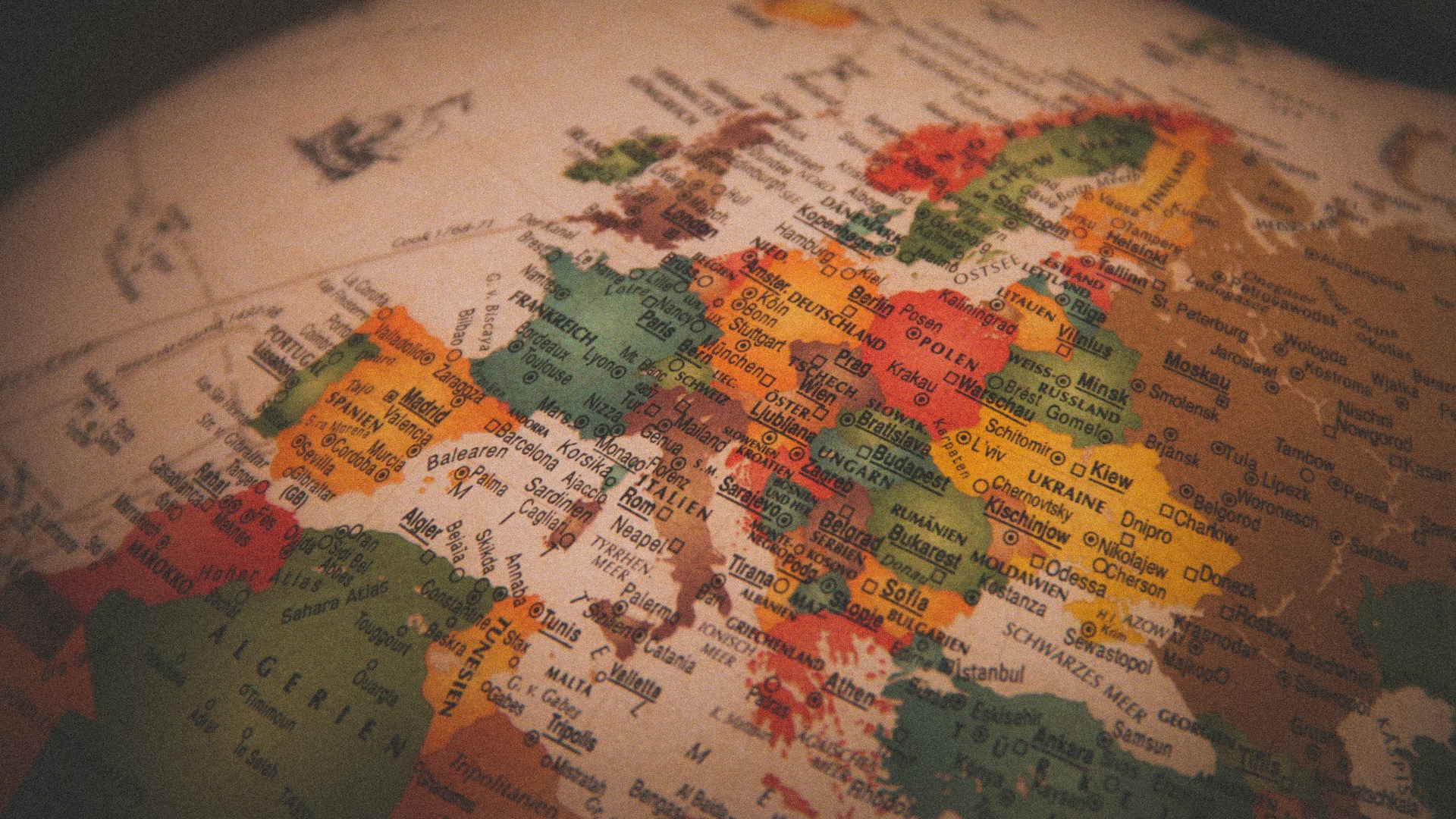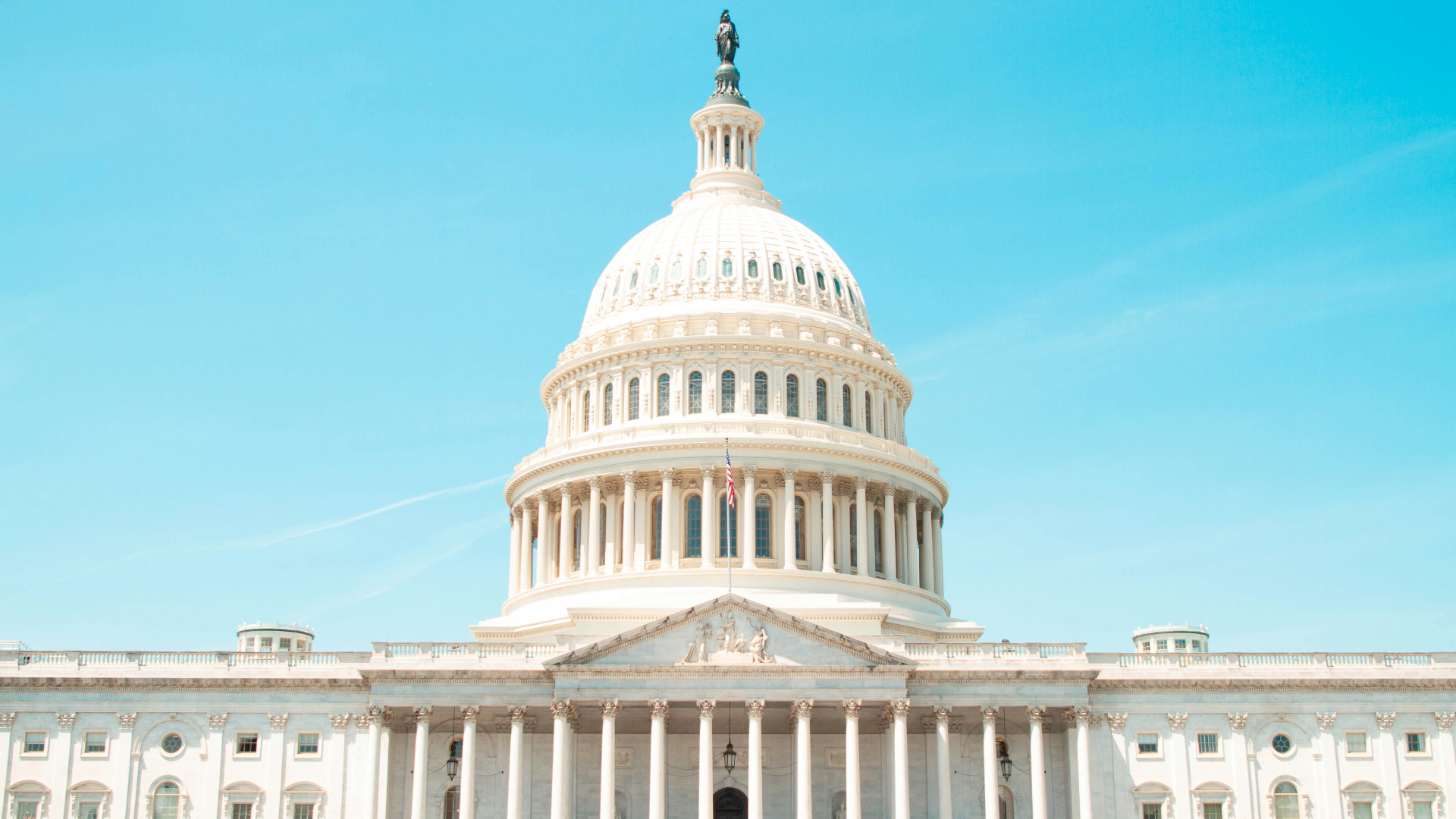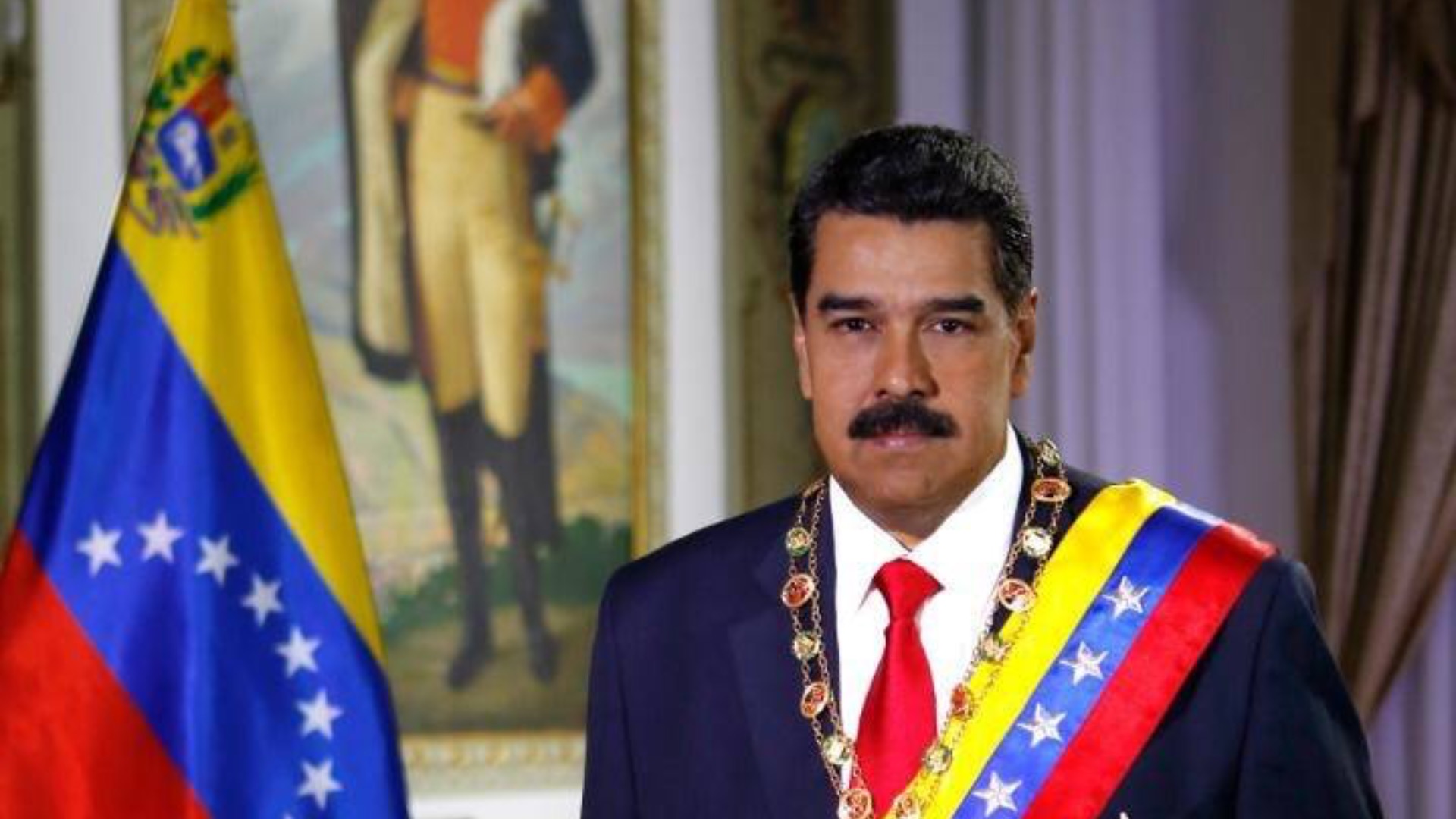
Strategic Partnerships in a Multipolar World: Europe’s Global Gateway and Developing Economies
The rise of multipolarity in global affairs has fundamentally reshaped the European Union’s strategic engagement with the developing economies. At the heart of this transformation lies the EU’s Global Gateway initiative – a grand strategic partnership and infrastructure program specifically designed to counter China’s Belt and Road initiative. In addition, this initiative also strengthens the EU’s strategic presence in Africa, Asia, and Latin America. Today, the competition for influence, resources, and connectivity in these regions has become a central focus of EU foreign policy, with Berlin playing a particularly active role in coordinating diplomatic efforts and driving strategic engagement.
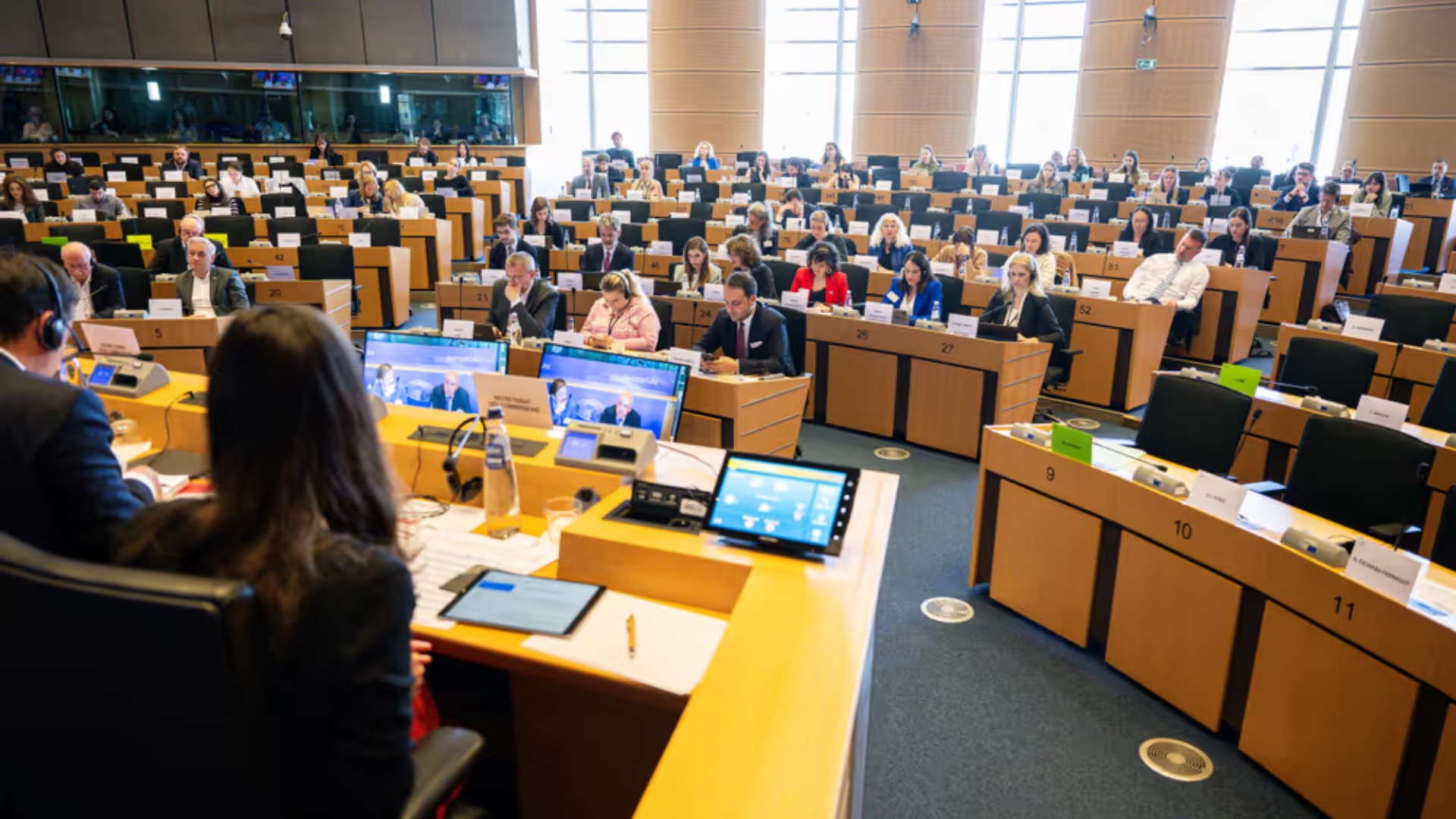
Geopolitical Stakes: Multipolarity and Economic Security
In 2025, global diplomacy has become increasingly decentralized, with multiple competing rivalries and fluctuating alliances. Nations in the Global South are maximizing their opportunities with multiple actors, including China, the US, India, and the EU by offering enormous investment opportunities in infrastructure, technology, energy, and education. For Europe, the Global Gateway is an essential response to chronic supply chain vulnerabilities, dependence on critical materials, and the imperative to promote democratic values and sustainable development. Berlin’s political leadership has always stressed that supply chain mastery, dominance over strategic raw materials, and safeguarding of digital infrastructure are the pillars of European independence and resilience.
Understanding the Global Gateway: Flagship Projects and Strategic Ambitions
Launched in 2021, with up to €300 billion invested by 2027, the Global Gateway focuses on high-impact infrastructure, intercontinental connectivity, energy hubs, digital connectivity, and future-proof cities. In 2025, 46 flagship projects are planned, ranging from green shipping routes in Brazil to digital semiconductor fabrication facilities in Malaysia and cutting-edge water management in Egypt. The underlying vision extends beyond mere physical assets: innovation, technological transfer, and capacity-building are built into the strategic calculus.
Concrete examples underscore this broad scope:
- In Brazil, the North-East Green Energy Parks and Green Shipping Corridors project is moving through phases of investor engagement and engineering development, targeting a Financial Investment Decision by the end of 2025.
- Egypt’s Nexus for Food, Water, and Energy initiative exemplifies integrated sustainable resource management, with commitments from Team Europe actors aiming for formal agreements within 2025.
- Namibia hosts a project combining green hydrogen generation with critical raw material extraction, reflecting the EU’s emphasis on climate action linked to resource security.
- The expansion of Maio and Mindelo ports in Cabo Verde illustrates investment in transport infrastructure to support regional maritime trade.
- In Malaysia, support to Infineon’s semiconductor fabrication expansion will establish the world’s largest 200-millimeter silicon carbide power fab, reinforcing digital supply chain resilience.
- Armenia’s development of customs and logistics facilities near the Azerbaijan border represents the EU’s efforts to underpin regional connectivity amid geopolitical uncertainties.
Germany plays an important role in these projects, both as a donor and as an architect in these initiatives, including hydrogen pipelines across North Africa, electrified railways in Sub-Saharan Africa, and green mobility infrastructure in India. These investments also align with the United Nations Sustainable Development Goals – including climate commitments and democratic governance standards, thereby positioning Europe’s partnership-based approach in contrast to China’s more centralized model.
Challenges and Critical Perspectives: Transparency, Impact, and Ownership
Despite its huge scale and generous investments, the Global Gateway faces pronounced critiques. Political analysts and local partners have noted persistent gaps in human capital development; investments in healthcare and education remain secondary to infrastructure rollouts. Although the EU promotes transparency and community good, problems with project design, financial responsibility, and inclusion resurface repeatedly. The success of such partnerships increasingly rests not just on financial outlays or advanced technology, but on the EU’s ability to deliver genuinely beneficial, inclusive, and locally anchored outcomes.
On the other hand, countries in the so-called Global South also promote and prioritize agreements that uphold local development while also avoiding dependency. Leaders from Latin America, Asia, and Africa demand meaningful alignment with their own national strategies, i.e., equitable technology transfer, and local job creation. The policy community in Brussels understands that future progress is not just about financial investments but also about respect, trust, and sustained engagement.
The Road Ahead: Adaptation and Strategic Choices
As the second Global Gateway Forum is scheduled for October 9 – 10 in Brussels, discussions and debates surrounding its next steps are important. Will Europe prioritize green energy dominance, digital sovereignty, and strategic autonomy? Can Berlin and the EU deliver a partnership framework that both furthers European agendas and meets the expectations of the Global South? Success will depend on the EU’s ability to stay flexible, honest, and open to interaction.
In essence, the rise of multipolarity signals that: the world is not merely an arena of great power competition; instead, it is a complex mosaic where states demand agency and true partnership. The legacy of Global Gateway initiatives and Berlin’s place in international diplomacy depend on true cooperation and connectivity. Understanding these dynamics is crucial for Germany’s diplomatic and policy communities to establish a strong, trustworthy stance in the face of quickly shifting geopolitical conditions.
Laurie Dieffembacq / European Union 2025 (EP) – DEVE Interparliamentary Committee Meeting, 20/05/2025

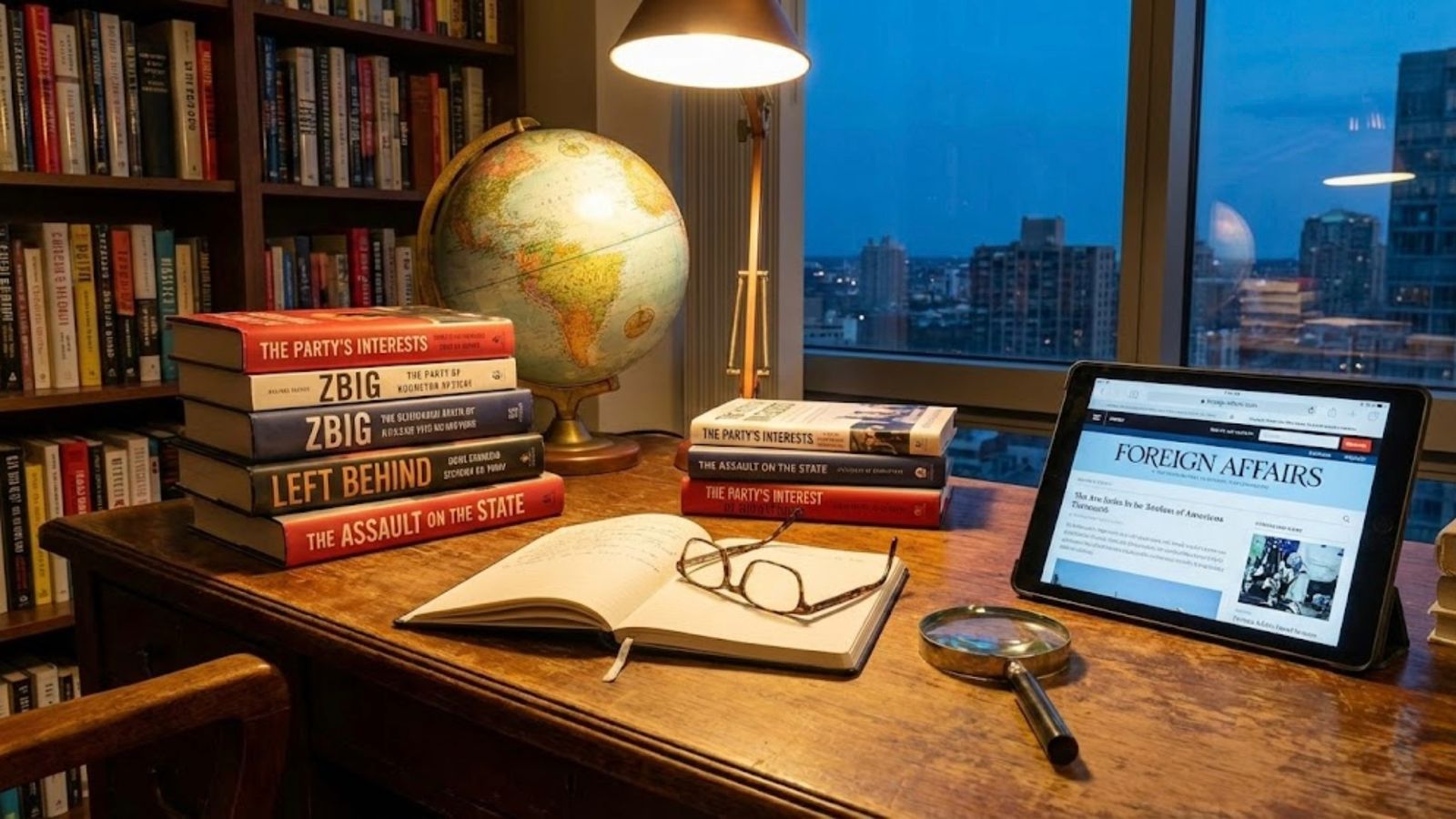
The World in Focus: Highlights from Foreign Affairs’ Best Books of 2025
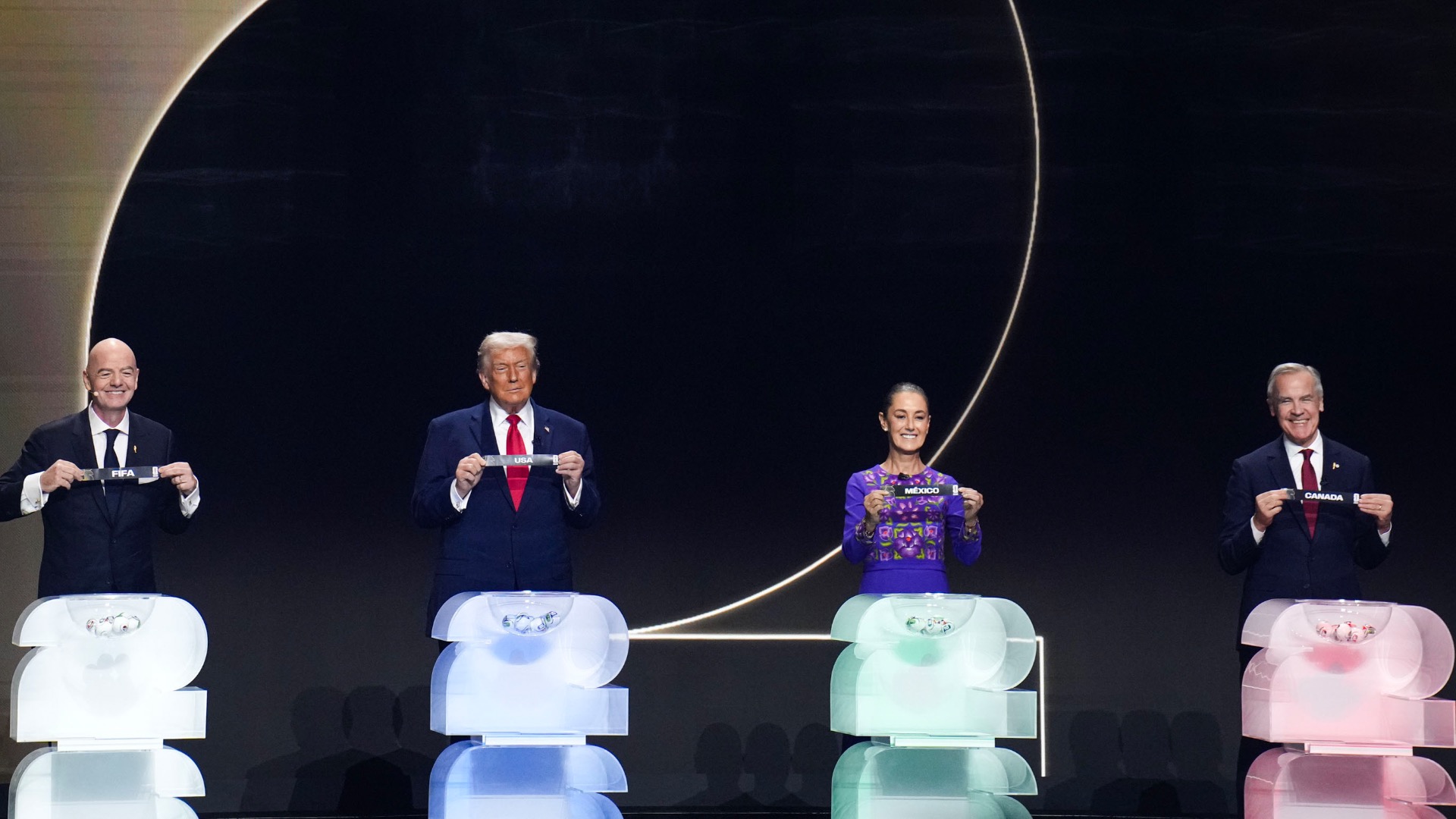

2025: A World Without Resolution
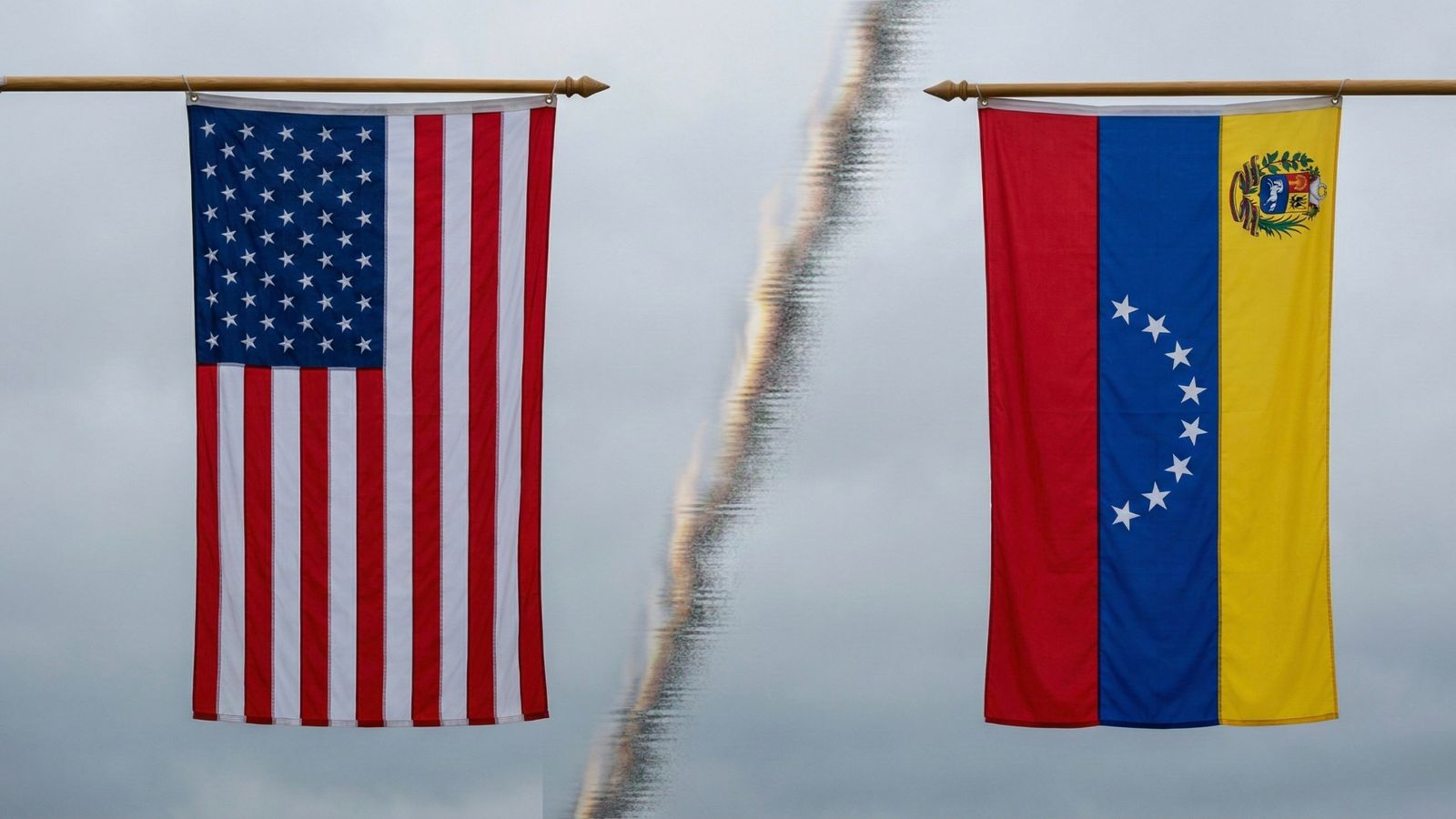
The U.S.-Venezuela Limited War of 2025: A Legal and Strategic Assessment
